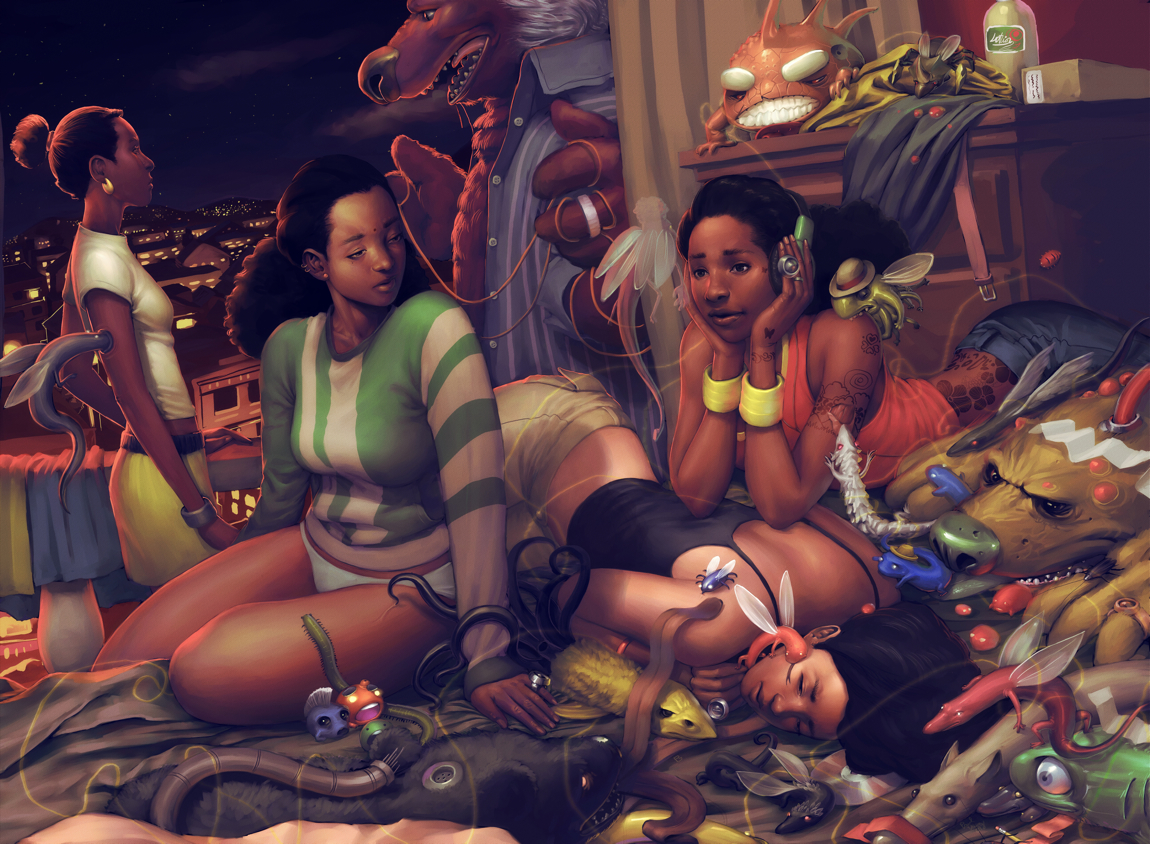
This collection of resources is a collaborative effort which came out of the Utopian Studies Conference 2019 held at Monash University in Prato, Italy. Over the course of the conference a number of delegates discussed the lack of attention being paid to indigenous, black and decolonial studies scholarship within the field. In an effort to address this dangerous silence Utopian Acts contributor Sheryl Medlicott suggested that we could collectively attempt to compile a list of decolonial resources which might help us think about utopianism’s relationship to race, indigeneity and empire. By taking up Sheryl’s suggestion we hope to address utopianism’s entanglements with colonialist and white supremacist logics of domination, as well as to gesture towards the many exciting and radical possibilities which these vibrant anti-colonial fields of scholarship offer to the student of utopianism. Thomas More’s Utopia was a colonised territory whose successes were predicated upon the subjection of the people who lived in what was formerly known as Abraxa. To address the colonial history of utopianism is thus to challenge the deepest foundations of utopian studies and we feel it is important to view the process of decolonisation, not as an addition to the existing field of utopian studies, but rather as a redefinition of what we mean when we say ‘Utopia’. We encourage scholars to read the texts discussing what is meant by decolonisation before using the term in their work as it is important to ground this term in solidarity with the material efforts of anti-colonial activists rather than viewing it as just another rhetorical tool which can be instrumentalised by a racist, exclusionary academia.
This list is by no means definitive and we welcome any suggested additions or amendments. We have divided it into topics for ease of reference with the awareness that there will be many overlaps between, and discontinuities within, these topics. We would like to thank everyone who gave suggestions and helped with the formation of this document. Without you it would not have been possible but any flaws in its execution are our responsibility alone. Particular thanks to Rachel Hill and Chelsea Haith who spoke with Katie on the panel at USS which started this conversation, and to everyone in attendance for their determination in making utopian studies better.
Finally, as ever, we would love to hear from anyone interested in organising events in London on the intersections between utopianism and activism, particularly if you have an interest in or experience of decolonial, black and indigenous modes of utopianism.
Contributors
- Glyn Morgan – @GR_Morgan
- Sumaya Kassim – @SFKassim
- Justyna Gallant – @galant_justyna
- Daniel Rourke – @therourke
- Kirsten Harris – @KirstAnneHarris
- Jack Kirne – @JackKirne
- Sinéad Murphy – @DrS1neadMurphy
- Hanan J. K. – @Shehrazade1002
- Edna Bonhomme – @jacobinoire
- Virginia Conn – @VirginiaLConn
- Joe Davidson – @JoePLDavidson1
- Chelsea Haith – @chelsea_haith
- Mo Afshary – @MoAfshary
- Marta Closa
- Ibtisam Ahmed – @Ibzor
- Manu Herbstein
- Eliza Rose
- Jess Hyslop
- Sloane Leong
- Michael Lujan Bevacqua
- Francis Gene-Rowe
- Andrew M. Butler
- BE Allatt
- Nora Castle
- Nicole Pohl
- Kerry Mackereth
- Africa In Words
- Extrapolation
